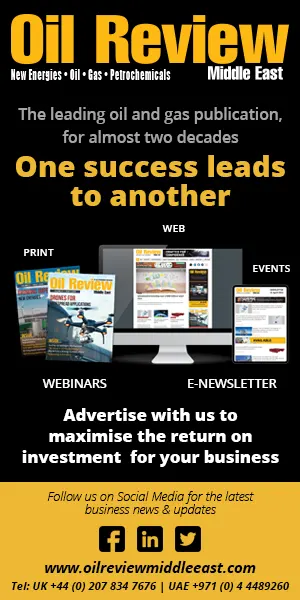
Figure1: The importance of 'when' versus 'what' in decision making. (Image source: SafeStart)
Figure 1.
Larry Wilson, author and CEO, SafeStart, reviews the lessons of the ‘complacency continuum’
As we revisit the Paradigm Shifts series, we are now approaching its final stretch with article #9 out of 12: Critical Decisions – Part 1: Normal Risk vs. Making an Exception.
Before diving in, let’s briefly recall the key insights from the previous article, where we explored the complacency continuum and the importance of 'when' vs. 'what' in decision-making (Please see Figure 1).
When did you get hurt vs. what were you doing? And if you really think about it or if you really think about what has actually happened to you, you’ll realise that you have most likely experienced accidental pain – even if it wasn’t serious – in almost any activity you’ve ever done, whether it’s walking, running, cleaning, carrying something and dropping it on your foot, cutting, hammering, driving, cooking, sewing (you name it), chances are you’ve said, “Ouch” or something worse, more than once. So, if you can accept that the “what” isn’t really where the pattern is, because, we’ve all been hurt, a little or a lot, doing pretty much everything (as long as you were moving and/or things around you were moving). So, the pattern, especially in terms of our serious injuries, has been when we made both of the first two critical errors at the same time: we didn’t have our eyes on task and we weren’t thinking about what we were doing (mind not on task). And as a result, we didn’t get a reflex – which might have enabled us to hit the brake, jerk the steering wheel, catch our balance or break our fall, move our head quickly, etc.
So, we looked at the problem of figuring out “when” in the last article. When would we or when would they be most likely to have those “defenseless moments”? The conclusion was that they (at least the majority of them) would happen after the first stage of complacency, and – although the person wouldn’t likely know it – be happening more frequently as they passed into stage 2. Which helped to answer the question of why older, well-trained workers, with lots of experience were experiencing so many serious injuries and fatalities. Note: before the first stage of complacency, untrained workers or workers without enough experience do get hurt frequently. But they are usually more mindful in terms of paying attention. They just don’t have the skills or reflexes yet. So, that’s easy to understand and it’s easy enough to fix, if you’re willing to take the time to train them properly.
However, there’s more to it than just that. As mentioned, albeit briefly, in the last article, as time goes on people tend to get more complacent, not less. The increased level of complacency can also start to affect someone’s decision making. Not only do they have more “defenseless moments”, but if nothing bad has actually happened (vs. just another close call) then the person’s willingness to change will be very low, and certainly their belief that their behaviour “really needs to change” will be virtually non-existent. Hence the: “Oh yeah, well I’ve been doing it this way for 20 years and I’ve never been hurt yet!” So, for them, “normal” behaviour is “at-risk”. In other words, they normally don’t wear the face shield at the grinding wheel or they normally don’t wear a seat belt on the fork truck. And if someone has been using the grinding wheel without a face shield for 20 years, we can assume – with a fair bit of confidence – that complacency has gotten the better of them.
Then on the other side (see Figure 1), there are people whose normal behaviour is safe: they normally do wear the face shield. Just like people normally drive the speed limit or maybe a little above the posted speed limit. In other words, you know what you mean when you say, “I was driving at normal speed or at a normal speed for me, given the conditions”. Let’s just call it, “our own speed limit” which, as mentioned, might be slightly higher than the posted speed limit. But here’s the thing or the main point: we have all exceeded our own speed limit when we were in a “big rush”. So, if we are in enough of a rush, we will make an exception, and not only break government laws or company rules, we will even break our own rules. And the same thing can be true for frustration and fatigue. Normal people can and will make exceptions or can have their decisions compromised by rushing, frustration and fatigue.
I can remember when this paradigm shift hit me. I was in Houston doing a three-day workshop. Our video crew lives in the greater Houston area, so we got together after day one to look at some of the “Tool Box” videos for a series they started working on. Although the manager of the crew was very familiar with the concepts and critical error reduction techniques, the crew really only knew about rushing, frustration, fatigue and complacency. What I didn’t know (long story) was that the manager was not going with the crew to these shoots, so they were just asking for stories – true stories – that were about workplace injuries caused by rushing, frustration, fatigue and complacency.
Click here to read the full article and gain insights into enhancing safety through improved decision-making.
Stay tuned for Critical Decisions – Part 2: Deliberate Risk and Error, where we dive deeper into how intentional risk-taking interacts with human error and what we can do to mitigate it!
https://uk.safestart.com/paradigm-shifts/9-critical-decisions-part-1-normal-risk-vs-making-an-exception/








